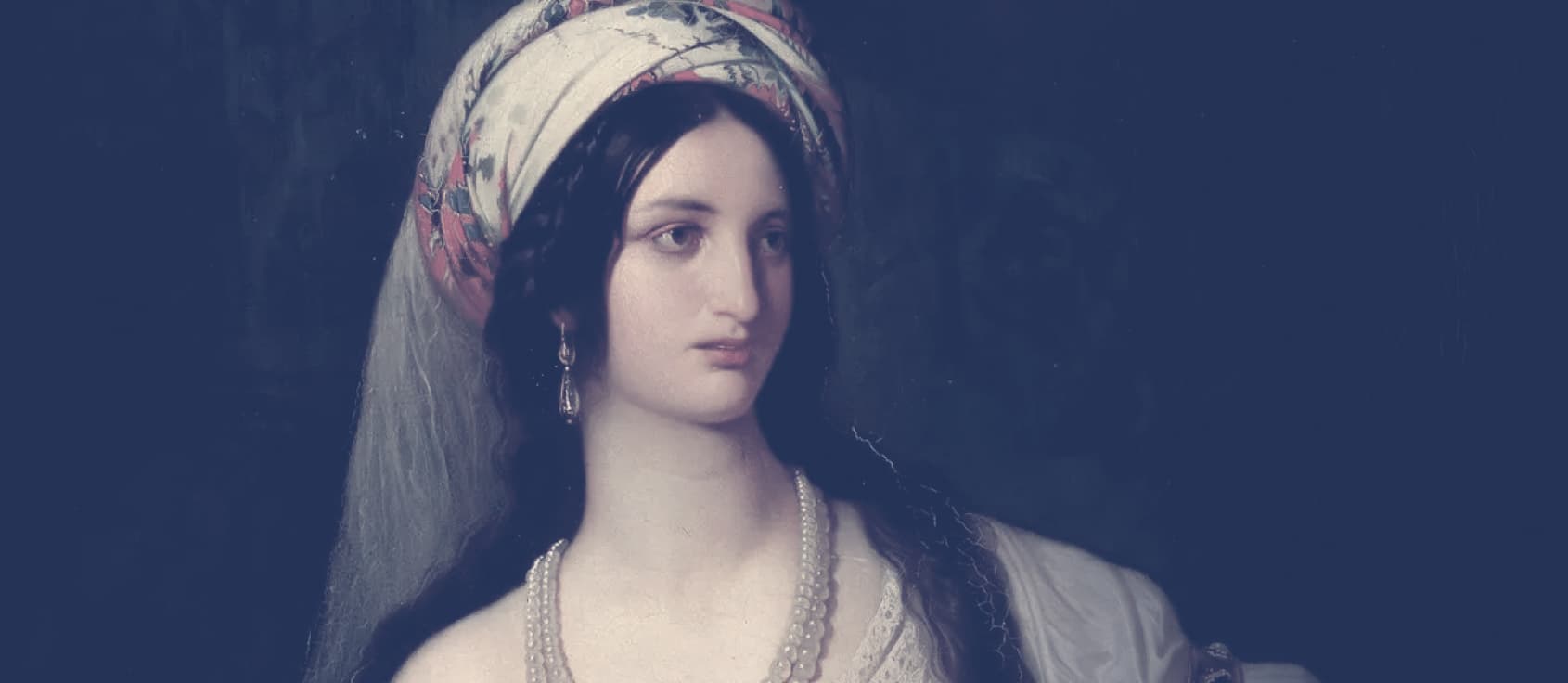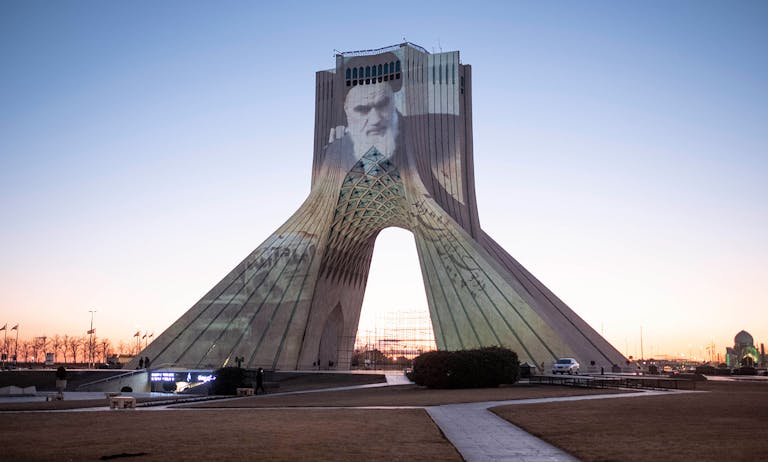
Essay
How Iran Thinks
As protests roil the Islamic Republic, we ask what motivates the Iranian regime.

Essay
As protests roil the Islamic Republic, we ask what motivates the Iranian regime.

Essay
Understanding and defeating the assault on Jewish moral self-confidence.

Episode 440·The Tikvah Podcast
From Operation Midnight Hammer and the Iliad to Jewish-Christian relations and Palestinian nationalism.

Lesson 7·The Wisdom of Jewish Literature
In this shocking story, Lamed Shapiro confronts the moral and psychological devastation of anti-Semitic violence.
Russia and China didn’t come to Maduro’s aid, and won’t come to Ayatollah Khamenei’s.
Learning from past mistakes.
Jews are already afraid to walk the streets of their country.
Yitzchak Hutner.
Once home to one of Europe’s oldest Jewish communities.

Essay
Ireland’s recent anti-Semitic spasm highlights, in a striking way, the essence of anti-Semitism itself.

Episode 437·The Tikvah Podcast
How did the poetry of David shape the Jewish people and America?

Lesson 7·Faith and Film
A once-forgotten, but now much-beloved, film teaches what it means to live a good life.
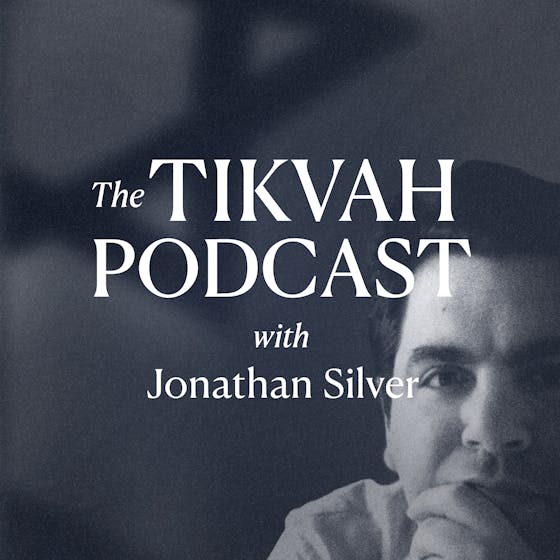
Weekly, in-depth conversations on Jews, Judaism, America, and Israel with leading thinkers, writers, rabbis, and policymakers.

Episode 440·Jan 1, 2026
From Operation Midnight Hammer and the Iliad to Jewish-Christian relations and Palestinian nationalism.

Episode 439·Dec 25, 2025
Paying tribute to a great defender of America, Israel, and the art of argument.

Episode 438·Dec 18, 2025
The rabbi of Sydney’s Great Synagogue discusses the threat to his community.
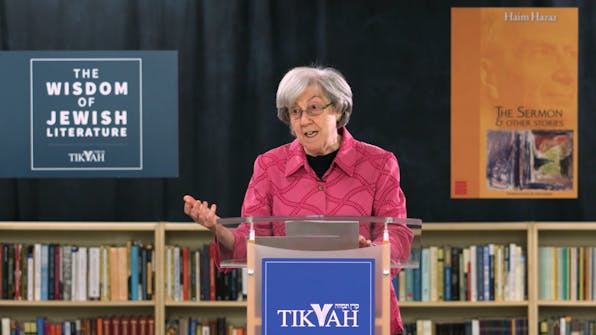
With Ruth R. Wisse
The great writers of the modern Jewish literary canon captured the struggles, questions, and aspirations of a people entering a new world. Confronted by the promises and perils of religion, Communism, liberty, assimilation, and capitalism, Jews turned to literature to understand—and to confront—the challenges of modern life. What emerged was a rich body of writing, a treasure to which Jews and all thoughtful readers can turn for insight, experience, and moral understanding.
In this nine-part series, Professor Ruth R. Wisse—one of the world’s foremost interpreters of Jewish fiction—guides you through the masterpieces of modern Jewish literature. Through stories by the greatest Jewish writers of the age, you'll see how they wrestled with God and man, tradition and change, suffering and joy—and how their words continue to illuminate both the Jewish and human conditions.
This course, and all of Ruth Wisse's work at Tikvah, is supported by the generosity of Robert L. Friedman.
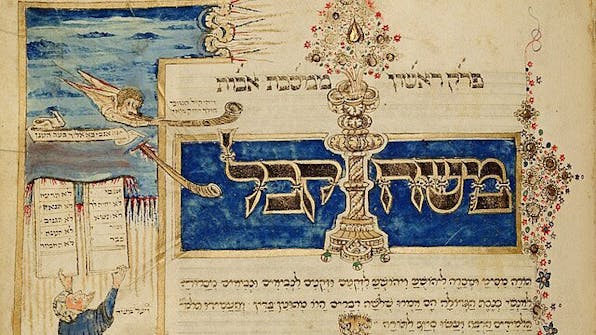
With Mrs. Rachel Besser, Dr. Mijal Bitton, Rabbi Shmuel Braun, Dr. Erica Brown, Eric Cohen, Rabbi Mark Gottlieb, Talia Harcsztark, Dara Horn, Dr. Doran 'Dodie' Katz, Rabbi Hershel Lutch, Rabbi Dr. Jacob J. Schacter, Rabbi Dr. Abraham Unger
Where can modern Jews, both young and old and across the spectrum of observance, turn for guidance on timely and timeless questions, on the most urgent and most perennial issues?
For nearly two millennia, Jews from all around the world have dedicated the six Sabbaths between Passover and Shavuot to the regular study of Pirkei Avot, the Ethics (or Chapters) of the Fathers. Pirkei Avot—or Avot, for short—is a section of the Mishna, the first formal codification of the Jewish Oral Law, which portrays the moral-ethical universe of Judaism in all its fullness. These teachings, culled from the sayings of almost sixty sages, stretching over some five centuries, are the building blocks of a Jewish life well-lived. In short, Avot is the foundational text for any authentic transmission of Jewish values and virtues.
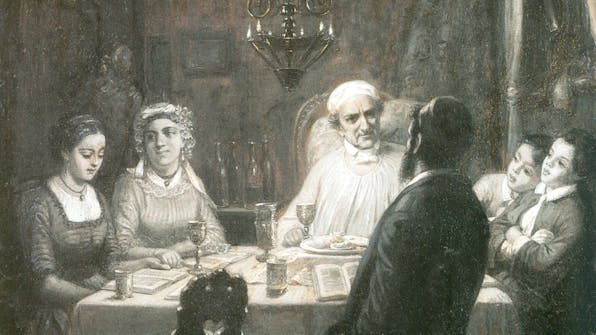
With Rabbi Meir Soloveichik
Rabbi Soloveichik explores the history and hidden depths of Jewish ritual through the extraordinary art of Moritz Daniel Oppenheim. Oppenheim brought Jewish ritual to life as no other modern artist has. In this course, Rabbi Soloveichik will study his paintings to uncover the spiritual meaning, historical context, and enduring relevance of the Jewish practices and people he depicts.
Unlock the most serious Jewish, Zionist, and American thinking.
Subscribe Now